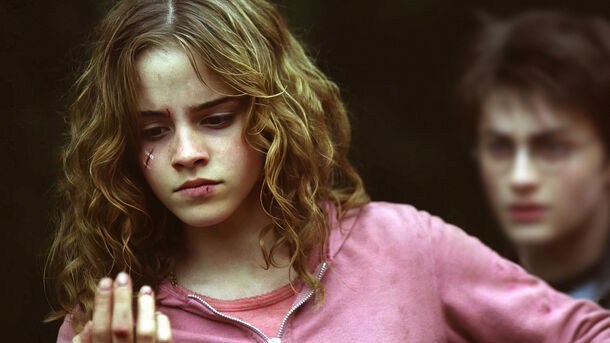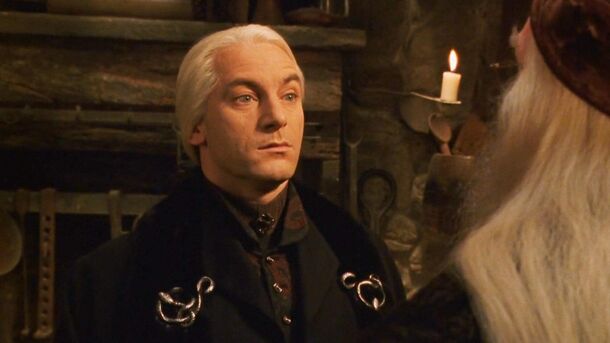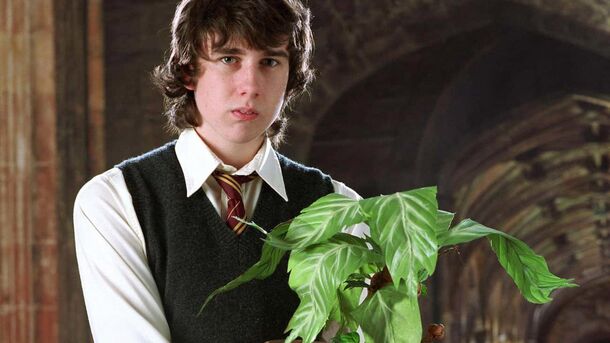5 Unconventional Harry Potter Takes That Will Challenge Everything You Know About Wizarding World

As an adult, the iconic story reads a little differently.
Can you believe that the Harry Potter phenomenon has been around since 1997, when the Sorcerer's Stone was published? Those who were Harry's peers when they read the first book celebrated the Wizarding World's 25th anniversary last year, passing on the beloved story to the next generation.
As the original readers reread the books and rewatch the movies with their children, it 's becoming clear that some established beliefs about the magical universe that have been with them for decades may need to be reexamined.
Here are five controversial Harry Potter takes that may spark disagreement in the Harry Potter fandom but will definitely get your brains moving.
1. Wizards Are Ignorant of Muggle Life
Despite coexisting with Muggles for hundreds of years, wizards and witches remain surprisingly ignorant of their world. With the Ministry of Magic in the center of London, one wonders why wizards are not more attuned to Muggle life and technology, especially considering their frequent interactions with non-magical folk.
Ok, magic may affect electronics, so the use of computers is impossible at Hogwarts, but the choice of archaic tools like quills over modern pens raises questions.
2. Lucius Malfoy Got Off Too Lightly

Did you know that Lucius Malfoy didn't spend a single day in Azkaban for his crimes in the Second Wizarding War? Instead, all Malfoys were pardoned as a reward for abandoning Voldemort's cause and aiding in the capture of the Death Eaters (sounds exactly like the chameleon behavior shown in the books).
Sure, Lucius' reputation took a hit, but let's face it, he got off too easy. The ex-Death Eater didn't even try to change his ways, still hoarding Dark artifacts and pushing those pure-blood ideals.
3. The SPEW Subplot Had Its Merits
Many readers despised the subplot of Hermione fighting for house-elf independence, so it was axed from the films. But truth be told, it wasn't all bad.
Sure, Hermione's house-elf activism was a little off-brand, with the name she picked and the somewhat aggressive way she acted. But think about it, teenagers are known for their fiery social justice fervor. We've all been there. Besides, it gave Hermione's character depth, trigger for development and a chance to shine beyond Harry's shadow.
4. It's Appalling How Squibs Are Mistreated
Speaking of social justice, the way witches and wizards treat Squibs is disheartening, but never mentioned as something that needs to be fought in the books or movies. Squibs, born into wizarding families without magic, serve as a reflection of disability in the magical world. And when you think about it, the way wizards look down on them is disturbing.

Even Neville, a late bloomer, faced harsh bullying from both peers and teachers because of his magical struggles.
5. Dumbledore Fell Short As Headmaster
Albus Dumbledore is often praised as Hogwarts' best headmaster, especially during the time of crisis. But a closer look reveals room for improvement in his day-to-day work routine.
Teachers constantly played favorites, engaged in verbal abuse, and provided inadequate materials. Classrooms and the castle itself posed a threat to students. Dangerous artifacts and creatures were recklessly kept on the grounds, making Hogwarts a dangerous environment.
As headmaster, Dumbledore should have handled these problems better. Thus, his effectiveness beyond the crises inevitably raises questions (and eyebrows) from adult readers.